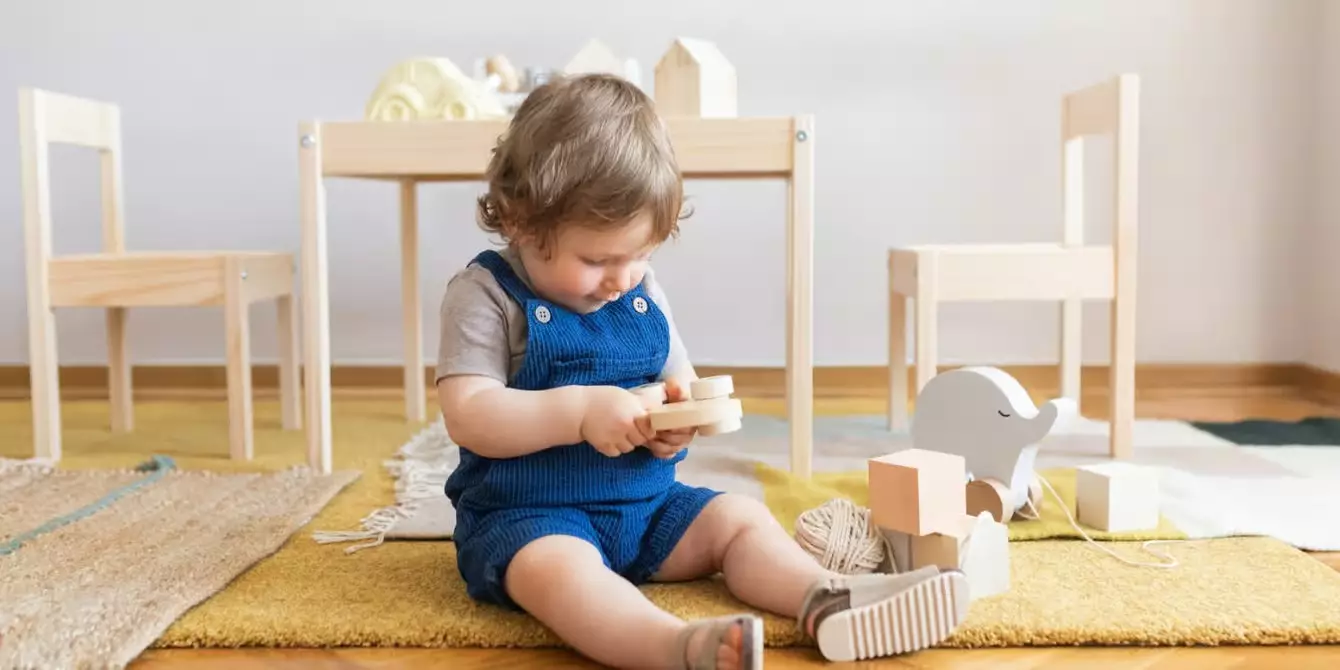At 15 months, your toddler is experiencing a remarkable transition from infancy to a more active, expressive little person. This phase is not merely about growth in stature; it fundamentally involves cognitive, emotional, and social development. Watching them explore their capabilities is a beautiful journey that calls for engaging activities to foster their brightening personalities and skills. Thus, rather than seeing play as a mere pastime, recognize it as an essential catalyst for your child’s advancement.
Building Foundations Through Play
Consider introducing your toddler to building blocks. This simple yet impactful activity allows them to exercise their fine motor skills as they stack blocks into precarious towers or delight in the satisfaction of knocking them down. Such actions are not just fun; they teach the principles of cause and effect while enhancing spatial awareness. This basic yet profound interaction with structures lays the groundwork for future problem-solving abilities. Plus, it’s a wonderful way to bond and share laughter when towers tumble to the ground!
Colorful Expressions with Art
Every young child has an innate desire to create. Providing chunky crayons for your little artist requires minimal effort and taps into their curiosity. Set the stage with butcher paper spread out across the floor or a child-friendly section of your dining table. Encourage them to explore colors freely without the pressure of perfection. Allowing them to choose whether to use one hand or the other—as most toddlers are still ambidextrous—emphasizes their autonomy and fosters self-expression.
To further their cognitive development, pull together objects of various colors for sorting games. This activity sharpens their cognitive skills while familiarizing them with color recognition. Creating an environment filled with vibrant sights and textures helps your toddler navigate and understand the world around them through touch and sight.
Dynamic Movement Games
Physical activity is vital for emotional and physical well-being at this stage. Simple games, such as rolling soft balls of varying sizes, can be engaging ways to develop gross motor skills. Introduce your child to a playful game of bowling using empty plastic bottles. They will learn coordination and develop spatial awareness while having fun. Another simple yet stimulating activity is tossing a lightweight ball into a basket—this activity sharpens hand-eye coordination while ensuring giggles abound!
For those interested in imaginative play, consider incorporating shape sorting toys. These interactive gadgets can lead to countless hours of entertainment while enhancing your child’s cognitive abilities. As they learn to match shapes with corresponding holes, they are simultaneously developing their problem-solving skills, all while enjoying meaningful engagement.
The Importance of Imaginative Play
Fostering imagination is essential in the development of social skills. Why not rummage through your wardrobe to find fun dress-up items? A silk scarf can transform your little one into a pirate, while a cape can unleash their inner superhero. Imaginative play encourages storytelling and creativity while helping children grasp complex concepts about the world around them.
Parallel play typically surfaces in this developmental stage, where toddlers engage in activities side by side without direct interaction. Organizing playdates allows them to observe peers and refine their social skills organically. These interactions pave the way for meaningful friendships as they learn to share, cooperate, and understand social dynamics.
Utilizing Simple Household Items
Toddlerhood is all about the simple joys of exploration. Engaging your child with everyday objects can yield surprising benefits. Fill a laundry basket with various items for them to place inside and empty out—a circular ritual that captivates their young minds. Let them gather toys or sentimental items, creating a small treasure hunt around the house.
Even a team game of chase can lead to heaps of laughter. Engage your child in playful sprints, creating joyful memories that strengthen your bond.
Quality Toys That Nurture Development
It’s crucial to choose toys strategically to enhance your toddler’s growth. Consider investing in high-quality, purposeful toys like Melissa & Doug’s animal-themed puzzles, designed with chunky wooden knobs to facilitate easy handling. These not only challenge your little one but also enhance problem-solving skills, paving the way for future learning adventures.
Moreover, immersive products like the Lovevery Block Set allow the building of various structures with 70 interconnected pieces. Engaging with this resource will inspire creativity and help develop essential hand-eye coordination skills through play.
Let’s not underestimate the power of imaginative play with toys that encourage nurturing behavior, such as baby dolls. Quality dolls from brands like Corolle provide an avenue for your child to express love and empathy—crucial skills in forming relationships.
Amidst this whirlwind of activity, always remember to engage fully. Your involvement, laughter, and encouragement are what truly make these moments special. Emphasizing play at this age is not only beneficial; it’s fundamental in cultivating well-rounded growth and nurturing beautifully playful spirits.

